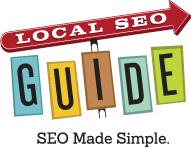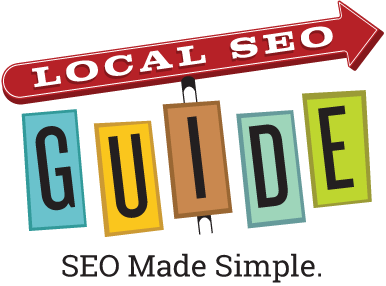Well not quite every search, but as Mike Blumenthal just told me, the 10 Pack is now appearing in a number of broad, non-geo phrase searches.
Some observations of the 10 pack’s behavior in Web results (the “Web Pack” anyone?):
- In every query I have tried the 10 pack appears in position #4. It still gets pushed down by indented results and universal results (e.g. news results in queries for “doctors”) but if you remove these results it seems to always be in position #4.
- There is something going on with plurals v. singular queries. For example, it shows up for “realtors” but not “white rock realtor“, “real estate agents” but not “real estate agent”, “tailor” but not “tailors”, “upholsterers” but not “upholsterer”. In most cases it seems reasonable that a plural is more likely to be a locally oriented search (e.g. I am looking for a list of realtors) but it also seems that the singular versions would have a pretty good % of local intent as well. My guess is we will see these differences fluctuate as GOOG settles on what it thinks the user really wants.
Right now there is a whole email chain of local seo folks picking this thing apart so if anything else interesting comes out of that I’ll let you know.
Here’s the big takeaway:
- This is an acknowledgment by Google that local queries are a big % of web searches and they are working to make the local results more relevant – Mike B. seems to think this is a sign they have solved a lot of map spam problems
- Well SEO’d SMB sites should get prepared for a lot more traffic as these broad queries are all super high volume
- If these Web Packs start taking a lot of clicks from the Web results I would expect to see local results infiltrate a lot more queries and other parts of Google. Maybe you are doing an image search for “roses” and you get a list of nearby florists?
- This poses yet another challenge to IYPs, SMB aggregators and national brands. As some of the main advertisers and organic rankers for these broad queries they perhaps stand the most to lose as the Web Pack sucks traffic away to the SMB sites. While ultimately this is probably a good-for-the-user change, the cynic in me can’t help but imagine that somewhere in the Googleplex there is a presentation slide that shows how by sending more organic traffic to SMBs who mostly don’t advertise on Google, you increase the amount of clicks your advertisers have to buy and you increase the bid price.
Update: Just queried “burger” and got one. Pretty cool


13 Response Comments
Is GOOG bracing for the new MySpace Local that’s coming soon? Powered by citypages, with interactions between peoples friends, reviews, etc…
Trying to juice more trafic over to Maps, before the big social networks really get there act together in the local space???
I think MySpace Local is going to be less of an issue for GOOG than it will be for other IYPs who depend on GOOG for organic/ppc traffic
err, meant to say powered by CitySearch.
WOW, what a visual barrier this creates for the rest of the organic results below the 10 pack.
For those looking to rank organically for such terms, at the non-local level, you absolutely need to be in top 4 or 5 now. Positions 6 to 10 may as well be on page 2, or on Mars now.
Is this really a huge difference? Wasn’t the ten pack already showing up for most product and/or service type searches?
As far as I can tell it was previously only showing up for searches that included a location modifier (e.g. a city name). In the case of these non-location-specific queries that had the potential to be local G would show a zip code box for you to enter your location.
Andrew, this started happening way back in December ’08. I wrote about it on my blog, and its been happening on and off on google.ca, .com and other international domains ever since.
Good catch Dev. Perhaps you were seeing the alpha and we are now officially in beta.
Andrew – is this really new?
We were doing this in Yahoo circa 2005 (and still do) for a few thousand queries such as doctor, lawyer, pizza, etc. Location inferred from reg profile or IP.
Yahoo serves map+3 v map+10, but same idea. And thought G was doing it for a while too. Maybe I’m missing something new?
I don’t think it’s so new as much as it seems to be much more prevalent than I had previously experienced. Of course this could be a case of blogging without thinking too hard 🙂
Nice to see you here Paul!
Long time listener, first time caller… 🙂
Definitely occurring for more non-geo targeted terms than before. Any sort of service I’d naturally stay in Austin for returns a 10-pack now. Also, seems to be the case that, evidenced by Dev’s comment and Google AJAX results, Google definitely tests these initiatives out overseas (or over the board in the case of Google.ca 🙂 ). Again, I don’t think it’s a matter of this necessarily being new, just that the frequency has been turned up along with the magnitude of local. Austin’s slogan, “Keep Austin Weird” seems quite befitting – http://en.wikipedia.org/wiki/Keep_Austin_Weird.
Ive yet to see consistency with anything big g does. 1 search I get the 10pack and im number 4 in it next is no 10pack and im #8, next is 10 pack and im #1, next is no 10pack and im no where to be found.
But it does make sense to include the locals; if im searching for pizza of course im looking for something local.